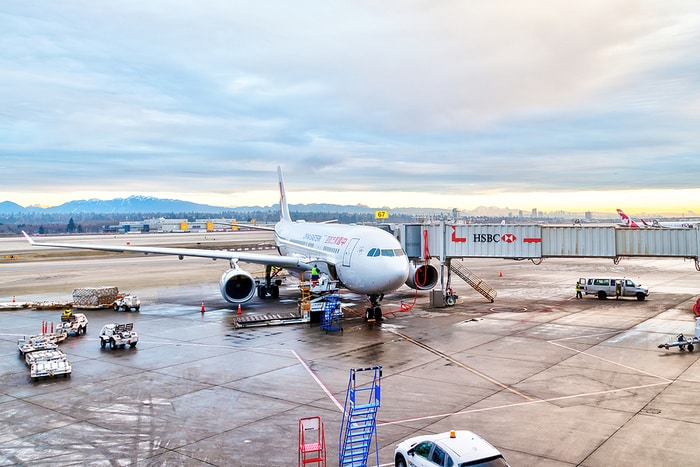Slowly, hotels and restaurants are opening in locations around the United States, following months of forbearance. Banks have been holding their collective breath, uninterested in taking properties as collateral, hoping that hotels will be able to pay their mortgage. While US indices are a mix of stocks the hospitality sector has suffered greatly and needs people to go back to work and travel to have a chance to survive.
How to Open Responsibly
The United States is caught in a vicious loop. There is a need to get people back to work to have the US economy survive. A reclosure of the entire United States might be considered a death blow to the largest economy in the world. If people are not traveling for work or leisure, eventually the airlines will announce bankruptcy which will be followed by large hotel chains, and then potentially banks. There is not enough money available from the taxpayer to hold up all of these industries without revenue production for an extended period.
Travel has s been very subdued. As of late June, approximately 25% of passengers are moving through TSA checkpoints. This is up from the official airline travel numbers release for April which showed that air travel in the US was down 96%. Unfortunately, people do not feel comfortable traveling, especially the older population which is very susceptible to the COVID virus. People at the very least want to know that there is some form of mechanism to allow them to recover from the COVID virus if they get sick and not have to go to the hospital for treatment.
The Forecast for 2020 is Bleak
The forecast for hospitality demand in the hotel sector remains bleak for the balance of 2020. Expectations are that demand will be down approximately 36% in the 2020 year over year but then rebound by approximately 35% in 2021. Occupancy is expected to decline approximately 37% year over year in 2020, and then rebound 33% in 2021. Banks and hotels are aware of these statistics and have priced these metrics into their ability to pay mortgages to banks. These numbers are predicated on the view that the virus will not overwhelm the US economy and will not force the entire nation to close down again.
The Hotel Sector Has Not Recovered
The markets hammered the hotel space and continue to believe that there will be struggles ahead. The Summit Hotel Properties Inc which is an ETF that owns premium-branded hotels in the upscale segment of the U.S. hotel industry is down 58% from the levels seen in February, but up more than 50% since hitting a low in March. Large hotel chains such as Marriot International Inc are also down more than 50% from its highs in February, as expectations that business and leisure travel are unlikely to return until 2021.
The Need for People to Go Back to Work
Both the Airline and hotel space are facing difficult challenges. People do not seem ready to return to work and travel for leisure appears to be more localized within driving distance. A survey taken in May shows that 67% of people surveyed do not feel comfortable returning to the workplace for at least month, and 28% would not be willing to return to their offices for another 3-months. This is before the rapid spread of COVID in the southern US states such as Texas, Florida, and Arizona. For people to feel comfortable the spread of the virus needs to be contained and at very low levels. Only then will people feel comfortable getting back on planes with hotels as their destination. Until then, these industries will need to play defense with the hope that containment is around the corner.


